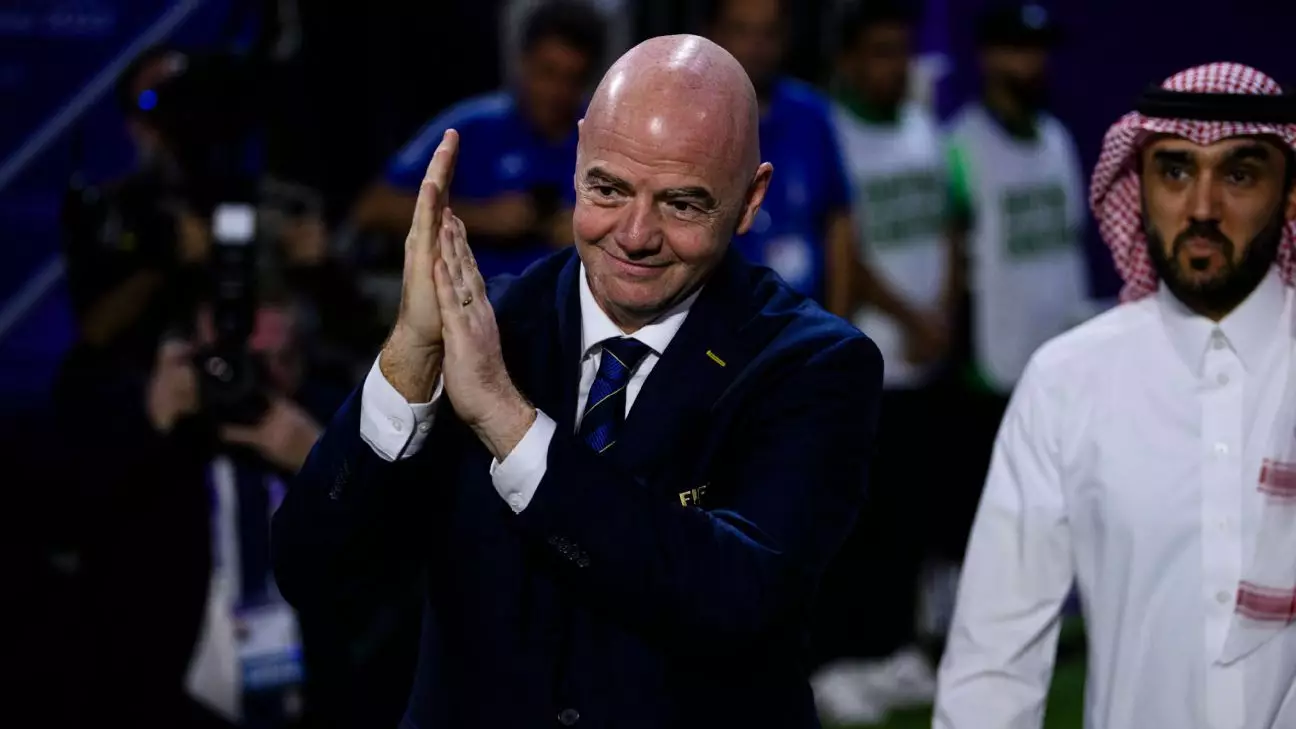Recently on the sidelines of the Paris Olympics, FIFA received formal bid books from leaders of seven member federations who are exclusive bidders for the World Cups of 2030 and 2034. The 2030 World Cup is unique in that it is set to be co-hosted by Spain, Portugal, Morocco, Argentina, Paraguay, and Uruguay, with each country staging various games. Meanwhile, Saudi Arabia is the sole candidate for the 2034 World Cup, a bid that was fast-tracked by FIFA last year.
Before the bids are confirmed at an online meeting in December, FIFA will rigorously evaluate the proposed World Cup project plans. These detailed plans will cover various aspects such as stadiums, hotels, training fields, transportation, and national security. The assessment report is anticipated to be published later this year, after a thorough review of the bid books by the world football body.
In addition to the logistical aspects, World Cup bidders will need to comply with an assessment of their human rights obligations. Independent experts have been engaged to work with FIFA in evaluating the candidates in this regard. This emphasis on human rights stems from previous controversies surrounding the awarding of World Cup hosting rights to Russia and Qatar. FIFA has implemented a human rights policy in its selection process since 2018, with the 2026 hosts (United States, Canada, Mexico) being the first subjected to this scrutiny.
The 2026 World Cup marks a significant shift in the tournament’s format, with the hosting responsibilities shared among three countries for the first time. This edition will also see an expansion to 48 teams, as opposed to the traditional 32. The successful bid by the North American trio over Morocco signifies a new era in World Cup hosting dynamics, reflecting the evolving landscape of international football governance.
The upcoming World Cup editions promise to be a showcase of footballing excellence, collaboration, and adherence to international standards. The extensive evaluation process ensures that the hosts are capable of delivering a world-class tournament while upholding principles of human rights and transparency. As fans eagerly await the confirmation of the bids in December, the stage is set for a new chapter in World Cup history.

